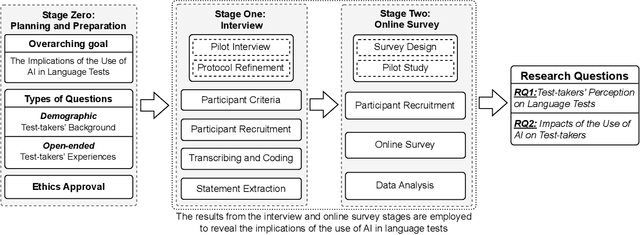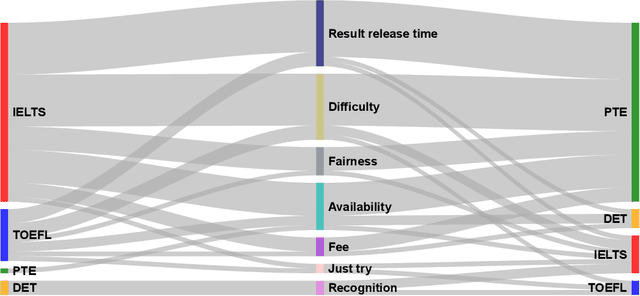Yongquan Hu
AcademicGPT: Empowering Academic Research
Nov 21, 2023



Abstract:Large Language Models (LLMs) have demonstrated exceptional capabilities across various natural language processing tasks. Yet, many of these advanced LLMs are tailored for broad, general-purpose applications. In this technical report, we introduce AcademicGPT, designed specifically to empower academic research. AcademicGPT is a continual training model derived from LLaMA2-70B. Our training corpus mainly consists of academic papers, thesis, content from some academic domain, high-quality Chinese data and others. While it may not be extensive in data scale, AcademicGPT marks our initial venture into a domain-specific GPT tailored for research area. We evaluate AcademicGPT on several established public benchmarks such as MMLU and CEval, as well as on some specialized academic benchmarks like PubMedQA, SCIEval, and our newly-created ComputerScienceQA, to demonstrate its ability from general knowledge ability, to Chinese ability, and to academic ability. Building upon AcademicGPT's foundation model, we also developed several applications catered to the academic area, including General Academic Question Answering, AI-assisted Paper Reading, Paper Review, and AI-assisted Title and Abstract Generation.
Test-takers have a say: understanding the implications of the use of AI in language tests
Jul 19, 2023



Abstract:Language tests measure a person's ability to use a language in terms of listening, speaking, reading, or writing. Such tests play an integral role in academic, professional, and immigration domains, with entities such as educational institutions, professional accreditation bodies, and governments using them to assess candidate language proficiency. Recent advances in Artificial Intelligence (AI) and the discipline of Natural Language Processing have prompted language test providers to explore AI's potential applicability within language testing, leading to transformative activity patterns surrounding language instruction and learning. However, with concerns over AI's trustworthiness, it is imperative to understand the implications of integrating AI into language testing. This knowledge will enable stakeholders to make well-informed decisions, thus safeguarding community well-being and testing integrity. To understand the concerns and effects of AI usage in language tests, we conducted interviews and surveys with English test-takers. To the best of our knowledge, this is the first empirical study aimed at identifying the implications of AI adoption in language tests from a test-taker perspective. Our study reveals test-taker perceptions and behavioral patterns. Specifically, we identify that AI integration may enhance perceptions of fairness, consistency, and availability. Conversely, it might incite mistrust regarding reliability and interactivity aspects, subsequently influencing the behaviors and well-being of test-takers. These insights provide a better understanding of potential societal implications and assist stakeholders in making informed decisions concerning AI usage in language testing.
 Add to Chrome
Add to Chrome Add to Firefox
Add to Firefox Add to Edge
Add to Edge